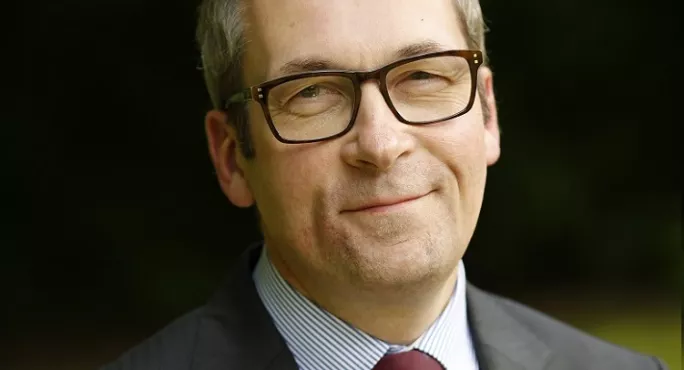A senior education figure has responded to an outpouring of anger over his suggestion that schools could suspend “specialist” subjects like music in the face of high staff absence due to Covid.
Academy boss Ian Bauckham, who is also the chair of Ofqual, has acted after his ideas for “emergency timetable changes”, revealed by Tes earlier this month, sparked “anger and incredulity” among teachers.
The Incorporated Society of Musicians (ISM), which represents UK music teachers and subject leads, wrote an open letter accusing Mr Bauckham of spreading “an unhelpful message to headteachers about prioritising core subjects to the detriment of a broad and balanced curriculum”.
Subject association Music Mark and the Music Teachers’ Association (MTA) also released a joint statement in response to Mr Bauckham, calling his words “short-sighted” and “badly judged”.
All three organisations said Mr Bauckham’s words did not fit with government policy of a “broad and balanced” curriculum for education recovery.
In a response to the ISM’s open letter, sent on 10 January but only recently published, Mr Bauckham has said the benefits of musical education for pupils are “profound” and his comments were “not intended to imply any hierarchy”.
He also insisted that his views were given as CEO of a multi-academy trust and not as the chair of Ofqual.
Writing to Deborah Annetts, chief executive of ISM, Mr Bauckham said he “entirely support[ed]” Ms Annett’s views about the importance of music in the curriculum.
He continued: “Throughout my career as a school leader, I have been committed to investing in music and to ensuring high levels of participation in music both within the taught curriculum and beyond.
“The benefits that musical education and participation bring to children and young people are in my view profound.
“I also share your concern about the impact the pandemic has had on music education in schools and beyond, and hope that the full range of musical activities that children and young people benefit so much from, including performance, are able to be re-established as soon as possible.”
‘No single right way’ to deal with disruption
He added that there was “no single right way” to deal with the disruption caused by Omicron in schools, “differing contexts will call for different decisions”.
Furthermore, he claimed that the suggestion that music, relationships and sex education (RSE) or PSHE lessons could be suspended were “examples only”, and “certainly not intended to imply any hierarchy whatsoever”.
He wrote: “The piece was written to offer a range of emergency and very much short-term approaches which school and trust leaders might consider as a way to avoid simply running out of staff at a time when sickness or isolation levels might be high.”





